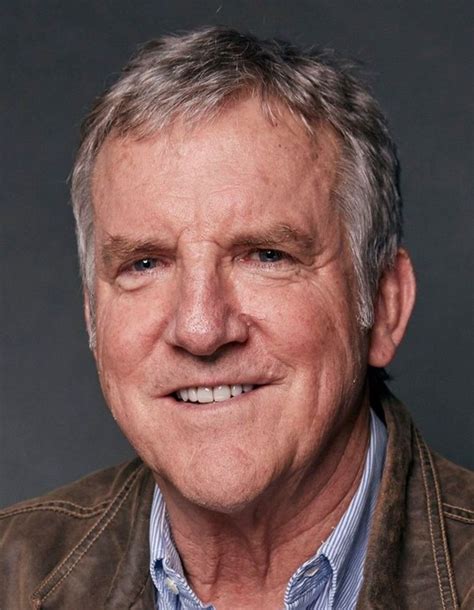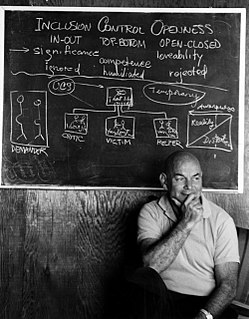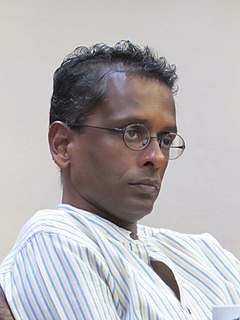A Quote by Pep Guardiola
The result is an empty thing. The result is I'm happy for the next two days because I get less criticism and more time to improve my team. But what satisfies me the most in my job is to feel emotions, the way we play.
Related Quotes
There's nothing worse than an anxiety-filled, fearful actor who just needs that next job, because they're not gonna get that next job. Any time I got a job that made me feel good about myself, or made me feel, "Hey, I'm working my way up," then good adds to good. Because it makes you feel better about yourself, and that makes you more attractive, I think.
Mothers are likely to have more bad days on the job than most other professionals, considering the hours: round-the-clock, seven days a week, fifty-two weeks a year. . . . You go to work when you're sick, maybe even clinically depressed, because motherhood is perhaps the only unpaid position where failure to show up can result in arrest.
We are so programmed to feel that our emotions are the most important thing in the Universe...We write, produce and act in the story of me. And then we write reviews - and read them and get more depressed. All we can do is let go, and that comes from training. And then we spend less and less time in the darker spaces.
If something doesn't turn out as planned, you will ask yourself, 'How did I create that? What was I thinking? What were my beliefs? What did I say or not say? What did I do or not do to create that result? How did I get the other person to act that way? What do I need to do differently next time to get the result I want?'
How I feel about and behave toward myself is the basic determinant of most of my behavior. If I improve my self-regard, I will find that dozens of behaviors change automatically. If, for example, I increase my feelings of self-competence, I will probably be less defensive, less angered by criticism, less devastated if I do not get a raise, less anxious when I come to work, better able to make decisions, and more able to appreciate and praise other people.
When you are thinking something, you have the feeling that the thoughts do nothing except inform you the way things are and then you choose to do something and you do it. That's what people generally assume. But actually, the way you think determines the way you're going to do things. Then you don't notice a result comes back, or you don't see it as a result of what you've done, or even less do you see it as a result of how you were thinking. Is that clear?





































